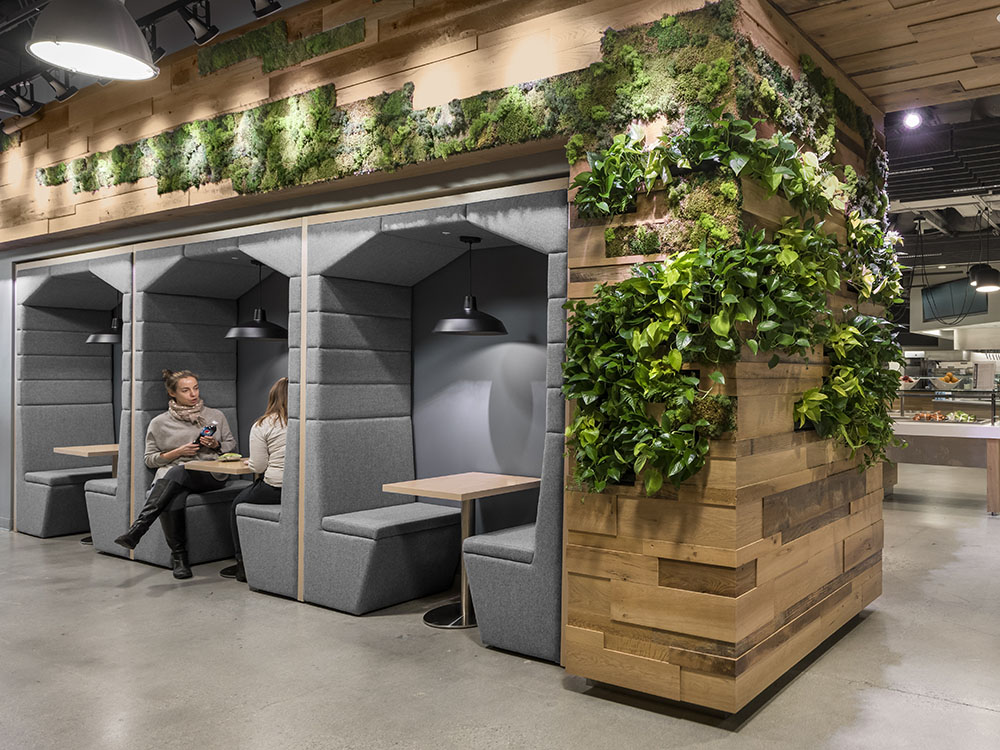Welcome to the topic “Chicago Commercial Real Estate Trends 2024“
Preparing your business to take advantage of the changing commercial real estate (CRE) market can position your company to leverage the best market opportunities and deals. Chicago’s CRE landscape is drastically shifting due to a mix of economic, demographic, and technological factors.
The traditional Central Business District model is changing rapidly, and becoming a more decentralized and mixed-use environment. The days where the majority of businesses occupied a central location in a region are fading.

We are now in the rise of remote work and e-commerce, and that has caused businesses to choose more cost-effective and incentivized locations as their base of operations.
In Chicago specifically, the city’s zoning regulations give business owners insight into the direction CRE in the city is headed. For example, Chicago City Council passed a Transit Oriented Development (TOD) ordinance that encourages the construction of mixed-use developments near transit hubs.
The CRE market in Chicago is also being shaped by the incoming technology companies and startups, who are seeking flexible and amenity-rich workspaces.
Key CRE Changes to Note
Flexibility Is Key
In recent times, landlords have adapted their leasing model to allow for greater flexibility. This includes offering lease terms that are more adaptable and responsive to tenant needs, whether through shorter durations or clauses that allow for adjustments.
There’s also been an intentional focus on developing collaborative workspaces. These spaces are purposefully designed to create environments for teamwork and collaboration.
They are equipped with modern amenities like lounges, coffee bars, leisure rooms, gyms, etc., and feature layouts that promote interaction and productivity among occupants.
This holistic approach not only meets the demands of tenants seeking nimble and dynamic work environments, but also aligns with the broader trend towards enhancing workplace experiences overall.
Businesses that fail to adapt to these trends risk losing out on competitive advantages, that result in struggling to attract and retain top talent, and missing out on the potential for growth and expansion.
Leveraging New Technology
There has been a significant increase in implementing advanced building management systems. These systems streamline operations such as rent collection, maintenance management, and tenant communications, enhancing overall efficiency and improving tenant experience and satisfaction.
Property management software, specifically, empowers business owners to better streamline essential operation processes, enhancing efficiency and their profitability.
It also provides seamless integration with data analytics tools that allows for the extraction of valuable insights from vast amounts of data that unveil trends, predict market fluctuations, and inform key decisions for business owners to take advantage of current market conditions.
Sustainability Matters
Sustainability is more than just a trend. It has become a necessity.
The escalating costs of energy and resources, the growing awareness of climate change and its tangible impacts, and the increasing demand from tenants, investors, and the general public for environmentally responsible businesses are some of the significant factors that have tilted the balance in favor of sustainability.
By implementing energy-saving technologies and practices, businesses can significantly reduce their operational costs, boosting their profits. This also directly translates to a smaller environmental footprint, as less energy consumption means fewer greenhouse gas emissions.
Minimizing environmental impact is not just about energy efficiency. It involves a broader approach that includes green building materials, waste reduction strategies, water conservation measures, and responsible land use practices.
Chicago is actively promoting sustainability, with policies and incentives designed to encourage green building practices and energy efficiency. By aligning with these initiatives, you can secure access to financial benefits, streamline permitting processes, and gain a competitive edge in the market.

Preparing Your Business For CRE Changes
Navigating Chicago’s commercial real estate market requires understanding its ever-changing economy. As a business owner, prepare by watching interest rates and financing costs closely to spot risks and opportunities.
Economic changes can greatly affect borrowing costs and investment choices. To make smart decisions, do thorough research and due diligence within your company while also engaging a reputable and proven commercial brokerage firm to help you navigate the market.
Doing both will help you best understand market trends, risks, and legal issues, while also ensuring that you choose wisely, reduce uncertainty, and manage risks.
Research also builds trust among business owners, investors, partners, and vendors, laying a strong foundation for successful collaborations.
Chicago’s real estate scene moves fast, so stay flexible, innovate, and adjust strategies as needed. Adapting to new rules, using new tech, and meeting customer needs are keys to success in this fast-paced market.
Getting Ready For The Chicago CRE Landscape
Adaptability is crucial for business owners in Chicago’s fast-paced commercial real estate scene. The market is moving quicker than ever due to rapid changes in demographics, new technology, political shifts and economic fluctuations.
As new industries grow and old ones change, the need for office spaces, retail stores, and warehouses is constantly evolving. That’s why business owners need to be flexible.
Being adaptable will allow for quick and advantageous pivots that can improve business operations, offices, and workforce decisions.
Business owners who can take advantage of these market trends can do well in Chicago’s fast-moving CRE market and have strong, successful businesses.
Also read: Google’s Thompson Center Renovation: Revitalizing Chicago’s Loop and Its Economy
TAGS